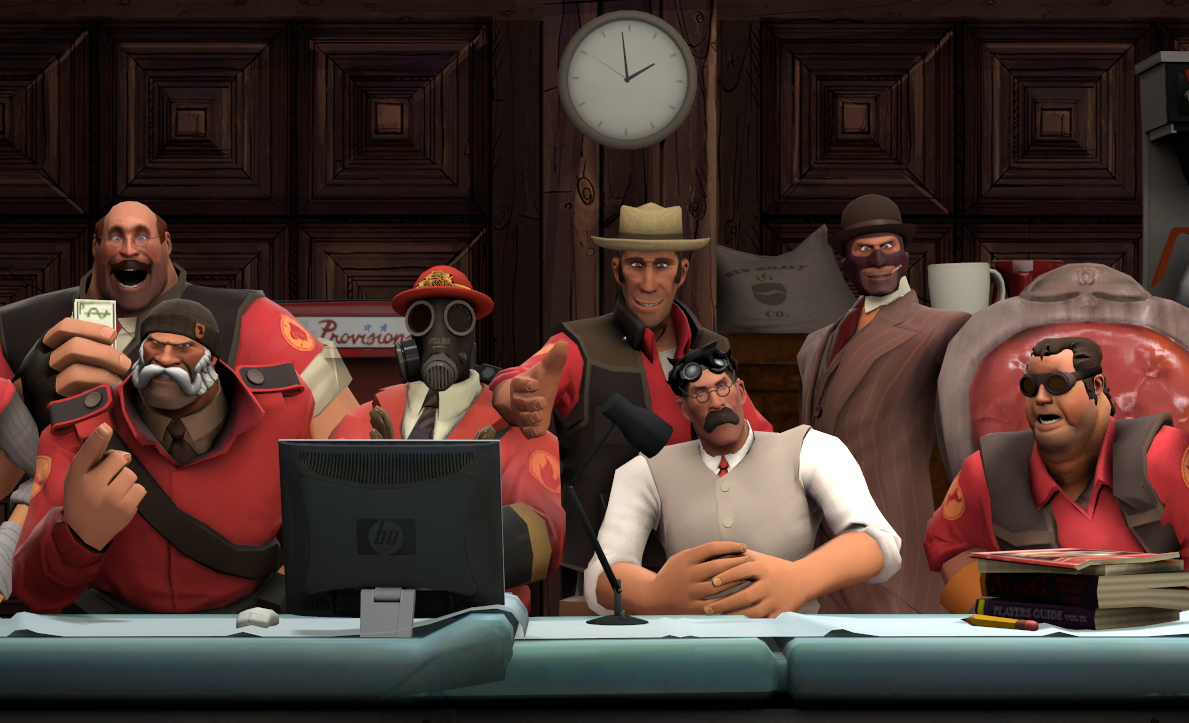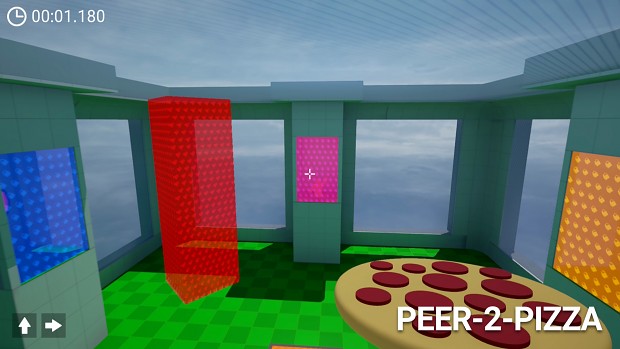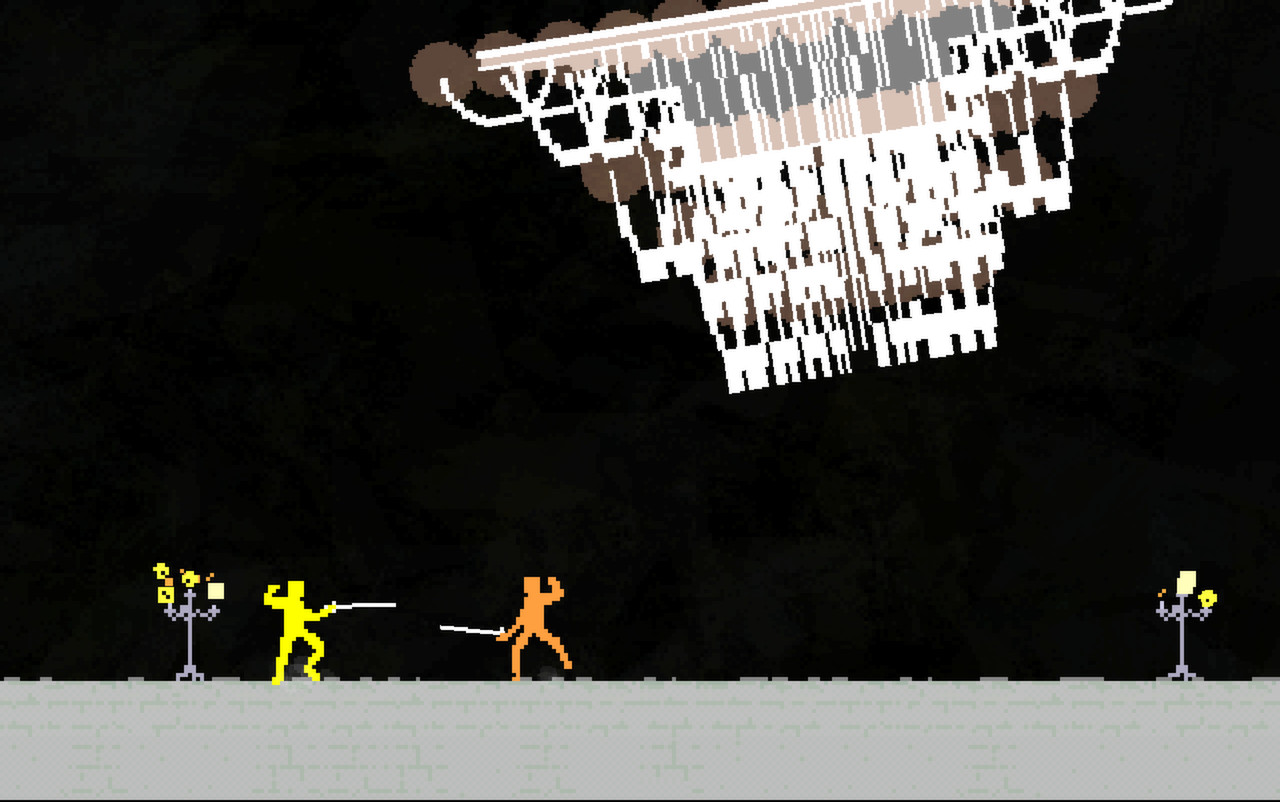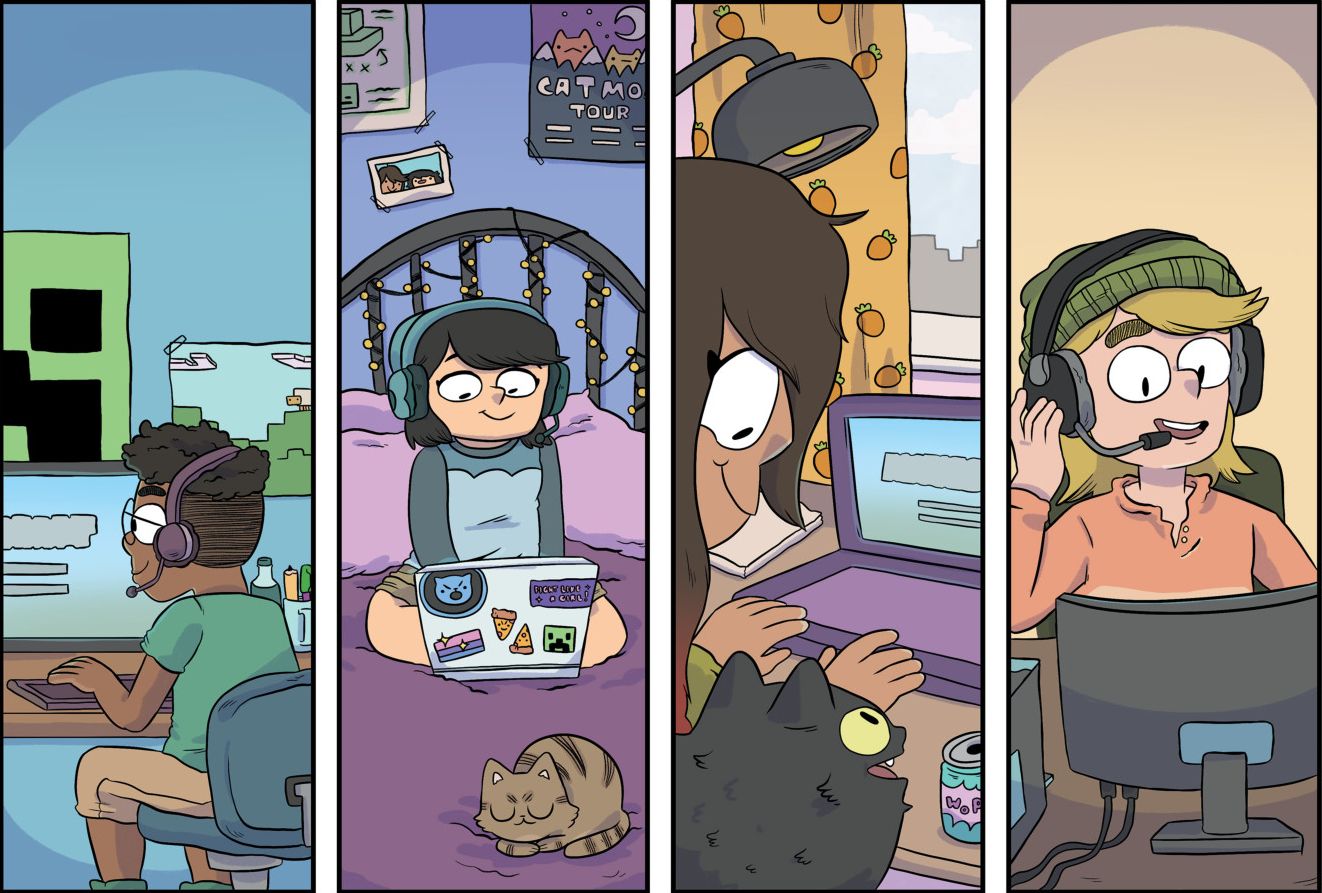How to set up a college gaming club and keep it going
We spoke to the founder and the president of the University of British Columbia Esports Association, which began as an ordinary StarCraft club.

A college or university gaming community is a great place to meet like-minded people while enjoying the hobby you love. You could join an existing club or, if you can't find one you want, you could start your own. Seeing it grow will be rewarding, and being able to set your own rules means you can create exactly the kind of community you want to be a part of.
But where do you start? And how do you stop people leaving after they've joined? To get some tips, we spoke to Michael Medley, founder of the University of British Columbia (UBC) Esports Association, and Arnaud Dione, the club's current president. When Medley set up the group in 2010 it was a small StarCraft club. Now it has around 500 members across 15 different games, and counts Twitch and ASUS among its sponsors.
Here's all the advice you need about setting up a gaming community at university.
Don't overthink it
"Just start it, because more than likely, people are just waiting for someone to make it happen, and you can be the person," Dione says. You'll be surprised how quickly word gets around campus, and soon you might even need help to cope with the volume of new members. "That's a good problem. And you'll find that help. If people are passionate about the game, they'll be passionate about helping you out."
Don't spend too much time worrying about the minor details of your community—just take the first step. Find out how to start a university club, set up a social media account (Facebook is a good bet), and show up at your university's club day ready to drum up interest. If it fails you've lost nothing, and you've probably learned lessons for next time. And if it succeeds, you'll be able to fill in the blanks as you go along.
Never stop talking
Medley's number one piece of advice for starting a club is simple: Talk to people. At university club days, make it your goal to speak to everybody that walks past your stall. In his experience, other students are a lot more responsive than you might expect. "Go up to someone, show you're excited, and ask a really simple question, like: 'Hey, do you like playing Dota?' If they smile, give you eye contact, they say yes, bring them back over to the table, and maybe you have a buddy write down their student email."
If you go on to run meetups and events, then it's again your job to talk to as many people as possible. Seek out anybody who is not in a conversation, and introduce them to another group. "Even if your power goes out, your food doesn't arrive—if you've got people talking with each other you've created a social bond, and that's what they will remember."
Keep up to date with the most important stories and the best deals, as picked by the PC Gamer team.

Discord can be your first meeting room
The rise of Discord has made running a university gaming community easier than ever. If you want you can keep your club online-only to begin, organising regular play sessions with other students. It's completely free, and you'll soon know whether you want to meet up with the people you're playing with.
Break the ice
You've got people to sign up to your community at club day, and you've played a few games together on Discord. Now what? Medley says there are lots of tried and tested ice-breaker events to get everyone feeling more comfortable. The key, he says, is pizza—it's cheap and easy to divide. A raffle can work well, too. Ask people to bring $2 for food and a raffle ticket, with the winner getting a gaming mouse or keyboard.
Trivia nights themed around your favorite game can go down a treat. If you're willing to be more ambitious and have access to PCs, pair players up and ask one of them to control the mouse, one to control the keyboard. "There's always a bit of frustration, but a lot of laughter too," Medley says. You could also try "hotseat gaming", where teams compete against each other on the same game, swapping with a team member every 60 seconds.

Build to a main event
Once you've established your community, Medley says you should have a "core activity" you run weekly, bi-weekly, or monthly. If you want to grow you should also build towards larger events that can draw in new members and keep existing members interested.
A tournament is a good fit, if that works for your game. Charge $5 for entry, pizza and drinks, donating the spare cash to the prize pool. "It doesn't have to be a traditional format, but giving the opportunity for people to compete together has always been the grounds for creating a lasting bond, in my mind," he says. If possible, run this larger event close to the start of the year, when your members will be most engaged.
Use themes to mix it up
Once you've scheduled regular events, mix up the theme to keep your members coming back, Dione says. If you're running a fighting game community, for example, you might decide that players can only use heavy characters for a given week. Or you might run a one-off 2v2 tournament alongside your regular singles mode. "It gives people a reason to turn out for that week."

Don't spend your own money
If you're running a community on Discord, then you won't be paying anything. But running physical events costs money, and you should never leave yourself out of pocket. If you're paying for something—a mouse to give away at a raffle, for instance—make sure you have a way to reimburse yourself from the money you collect.
If you're running a club and giving your members value, you should be charging them membership fees. Start low to test the waters. "Money will solve itself as you grow," Dione says. "We've never had any issues with money whatsoever."
Check if your university allocates a budget for clubs. If it does, you might be able to fund your first few months.
Work with existing clubs on campus
Before starting a community, check what's already out there to ensure you're not competing with others, Dione says. If something similar exists, you might better spend your time helping that group grow. Equally, you should invite other clubs to your events if you think you share a common interest.
Don't be afraid to promote your community at other events, too. "We were volunteering at Anime Revolution, and a bunch of people just came and started talking to us," says Dione. "It's a way to get exposure."
If something goes wrong, don't shy away
Mistakes happen, and sometimes events won't go the way you wanted. When that happens, be direct with your members, perhaps apologizing via email or a Facebook post, explaining what happened and setting out how you'll do better next time.
If an attendee is complaining at an event, talk to them, and be open to the possibility of changing. "I've tried to seek out the people that are unhappy," says Medley. "If someone's telling you they didn't like something, that means they care enough about the event to share something about it. Every single person I've had complain at an event has turned into an excellent volunteer, that or they religiously attend events afterwards."

Find enthusiasts and empower them
You can't do everything by yourself. At some point, you'll want to bring others onboard to help run your community and the best place to find those people is within your membership. "Give responsibility to people that show any interest at all," Medley says.
Create a space for people to leave feedback, perhaps on your Facebook page, and read through the comments to see if people have good ideas. To empower your members, give them the microphone for 30 seconds at an event, letting them talk about something you know they're comfortable with.
Make friends, and have fun
"The beauty of a club is you can meet other people face to face, people that are passionate about the same games you are," says Dione, who says keeping your community online only is a missed opportunity.
"You already have two points in common with the person you're playing with: You play the same game, and you go to the same university," he explains. "You never know, maybe they could be a business connection, or your next best friend."
Samuel Horti is a long-time freelance writer for PC Gamer based in the UK, who loves RPGs and making long lists of games he'll never have time to play.


